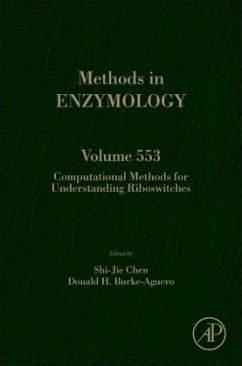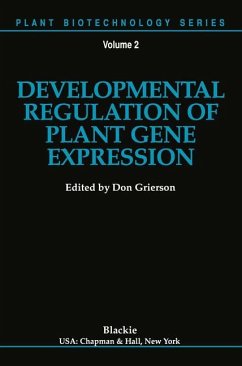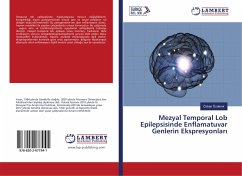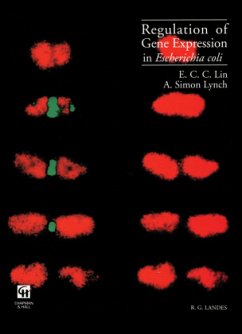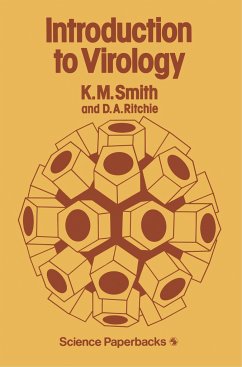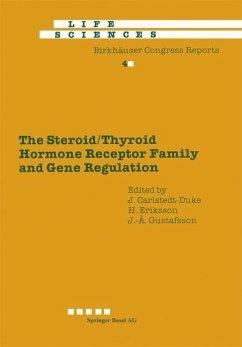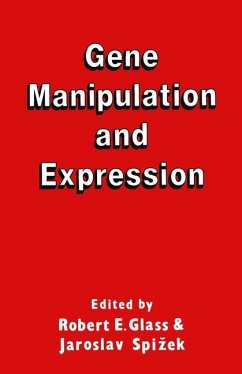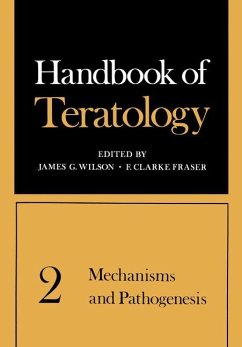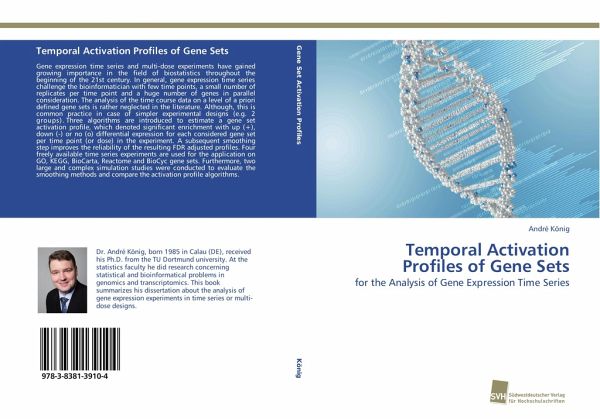
Temporal Activation Profiles of Gene Sets
for the Analysis of Gene Expression Time Series
Versandkostenfrei!
Versandfertig in 6-10 Tagen
50,99 €
inkl. MwSt.

PAYBACK Punkte
25 °P sammeln!
Gene expression time series and multi-dose experiments have gained growing importance in the field of biostatistics throughout the beginning of the 21st century. In general, gene expression time series challenge the bioinformatician with few time points, a small number of replicates per time point and a huge number of genes in parallel consideration. The analysis of the time course data on a level of a priori defined gene sets is rather neglected in the literature. Although, this is common practice in case of simpler experimental designs (e.g. 2 groups). Three algorithms are introduced to esti...
Gene expression time series and multi-dose experiments have gained growing importance in the field of biostatistics throughout the beginning of the 21st century. In general, gene expression time series challenge the bioinformatician with few time points, a small number of replicates per time point and a huge number of genes in parallel consideration. The analysis of the time course data on a level of a priori defined gene sets is rather neglected in the literature. Although, this is common practice in case of simpler experimental designs (e.g. 2 groups). Three algorithms are introduced to estimate a gene set activation profile, which denoted significant enrichment with up (+), down (-) or no (o) differential expression for each considered gene set per time point (or dose) in the experiment. A subsequent smoothing step improves the reliability of the resulting FDR adjusted profiles. Four freely available time series experiments are used for the application on GO, KEGG, BioCarta, Reactome and BioCyc gene sets. Furthermore, two large and complex simulation studies were conducted to evaluate the smoothing methods and compare the activation profile algorithms.



